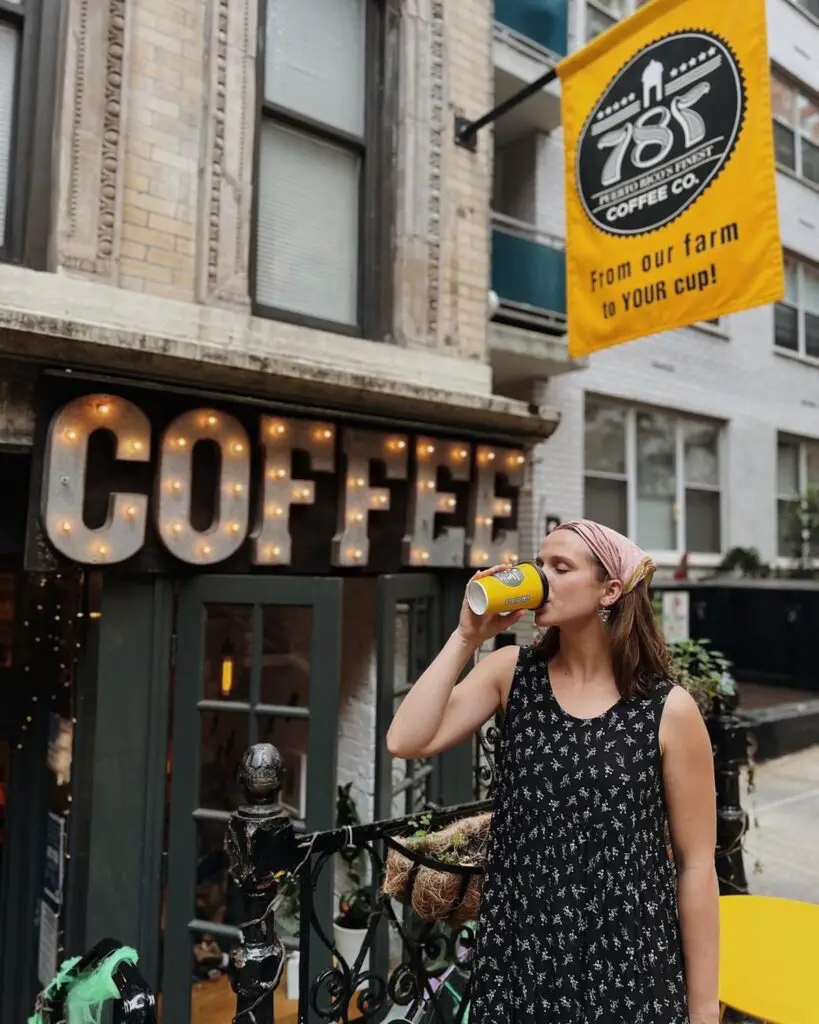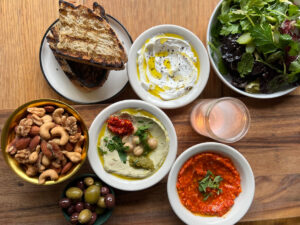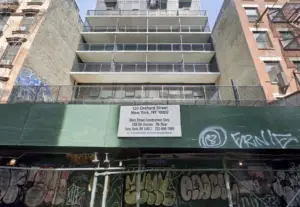The cult favorite, 787 Coffee, known for its alcohol-infused coffee beans, just opened their newest city location at 251 W 30th Street in Midtown and shut down their 14th Street spot in the East Village. The team expects to have 45 stores open across New York City, Puerto Rico, New Jersey and Texas by the end of the year, co-founder Sam Spulveda confirms.
Sign up now to get our Daily Breaking News Alerts
It signed a lease for the 2,456-square-foot Midtown space in May after being on the market for 20 months. It currently has 20 stores in New York City and four in Puerto Rico, where owners Spulveda and Brandon Ivan Pena bought a farm to grow, process and roast their coffee beans. It is looking to open a location in Newark, New Jersey, which will host its first mainland roastery, as well as make its Texas debut in El Paso and Austin soon.
The duo purchased an abandoned farm property within the mountains of Maricao, one of the poorest areas of the country with high unemployment rates, in 2014. The 787 Coffee team made a deal with Maricao’s mayor to hire local residents to work full-time at their farm with benefits to help solve the town’s poverty and unemployment crisis. Their farm, Hacienda Iluminada Coffee Farm, is named after Spulveda’s nature-loving mother who died when he was 16-years-old. Spuluveda was born and raised on the island.
“When you see how much work it takes, that’s when all the dots connect, and you can appreciate a cup of coffee more,” Spulveda says.
Throughout the 18th and 19th century Puerto Rico was a top producer of coffee, competing with its neighbors Brazil and Colombia. Its coffee industry began to decline after it was annexed in the late 19th century by the United States who was more interested in the island’s sugar cane. Various hurricanes throughout the years have also contributed to the downfall, according to Puerto Rican Historian Israel Meléndez Ayala who detailed the country’s coffee history for Whetstone Magazine.
However, 787 Coffee is committed to putting Puerto Rico back on the map.
“We are making a difference in that town,” Spulveda says. “We are very excited about it.”





